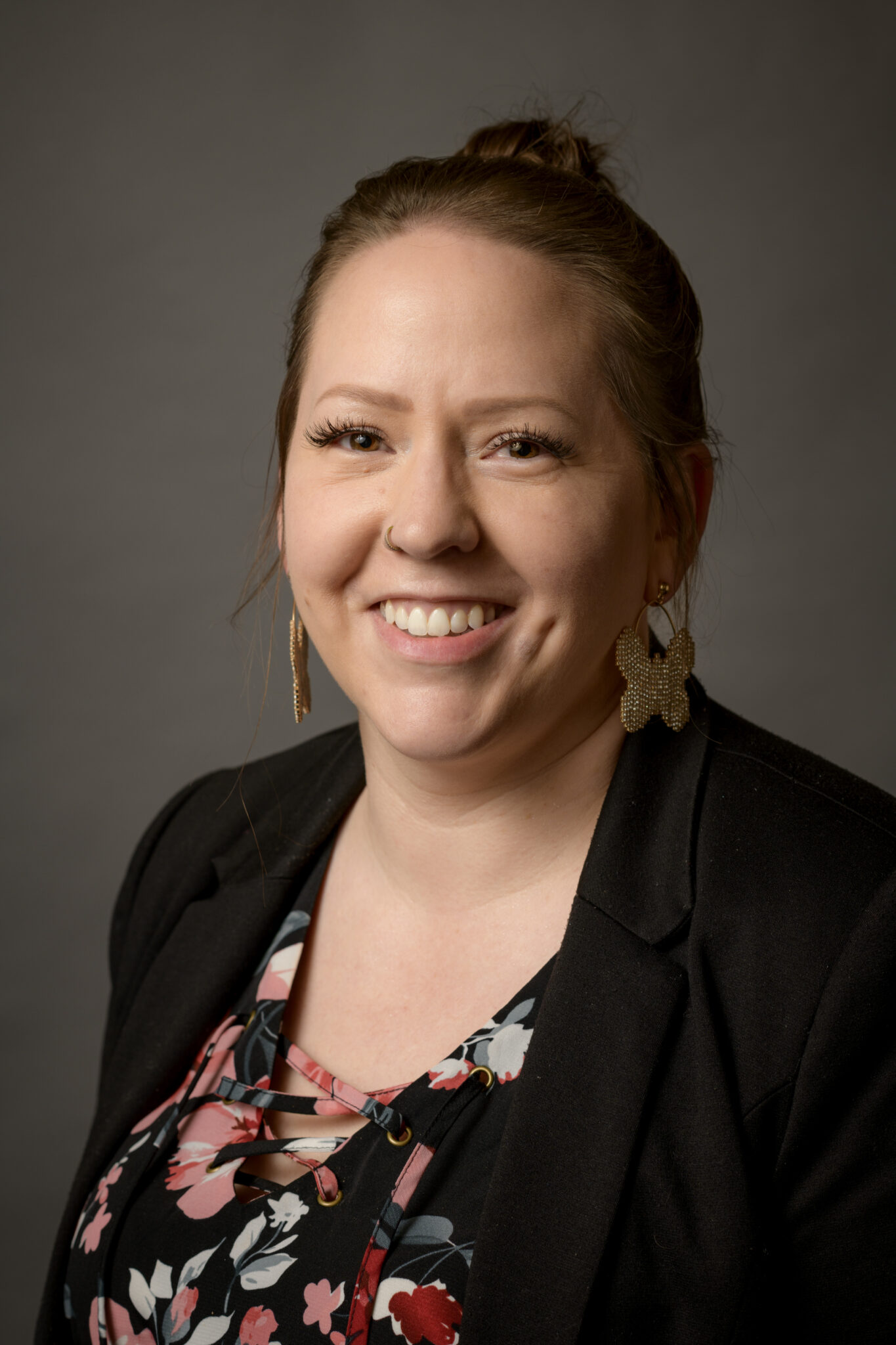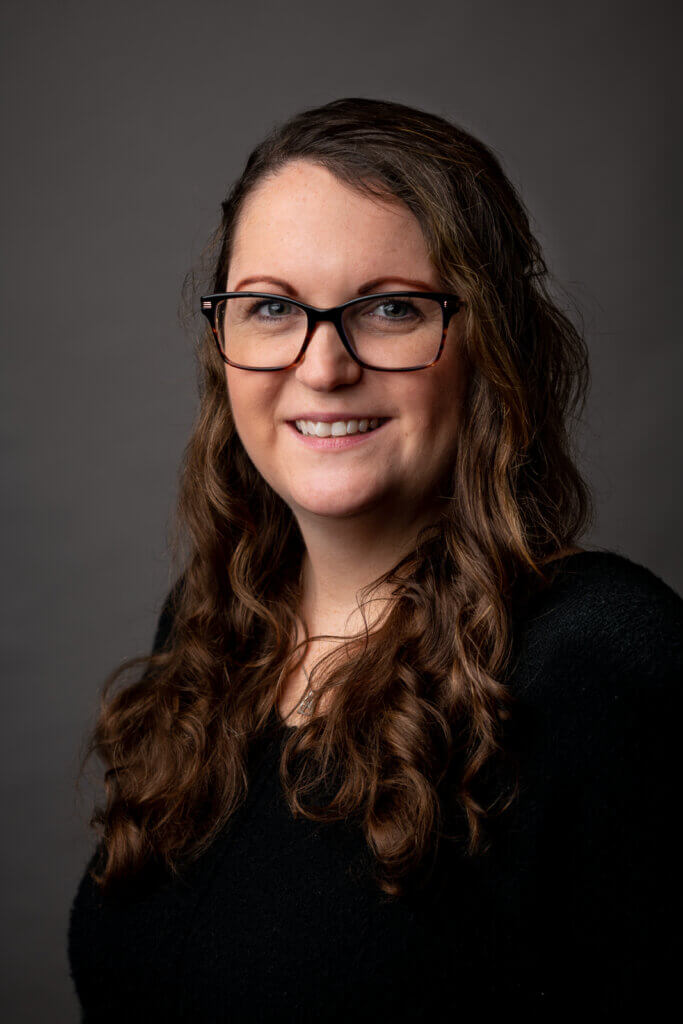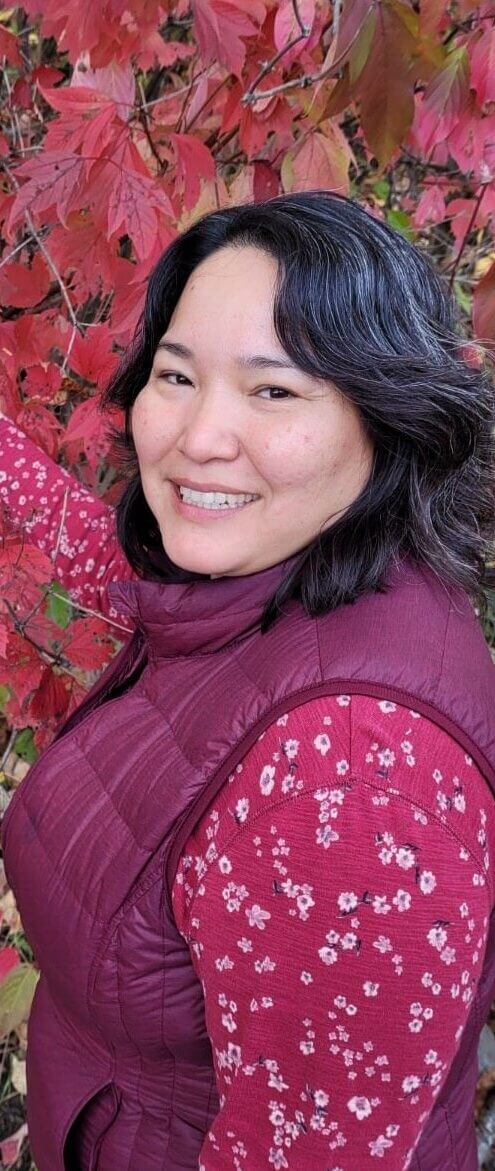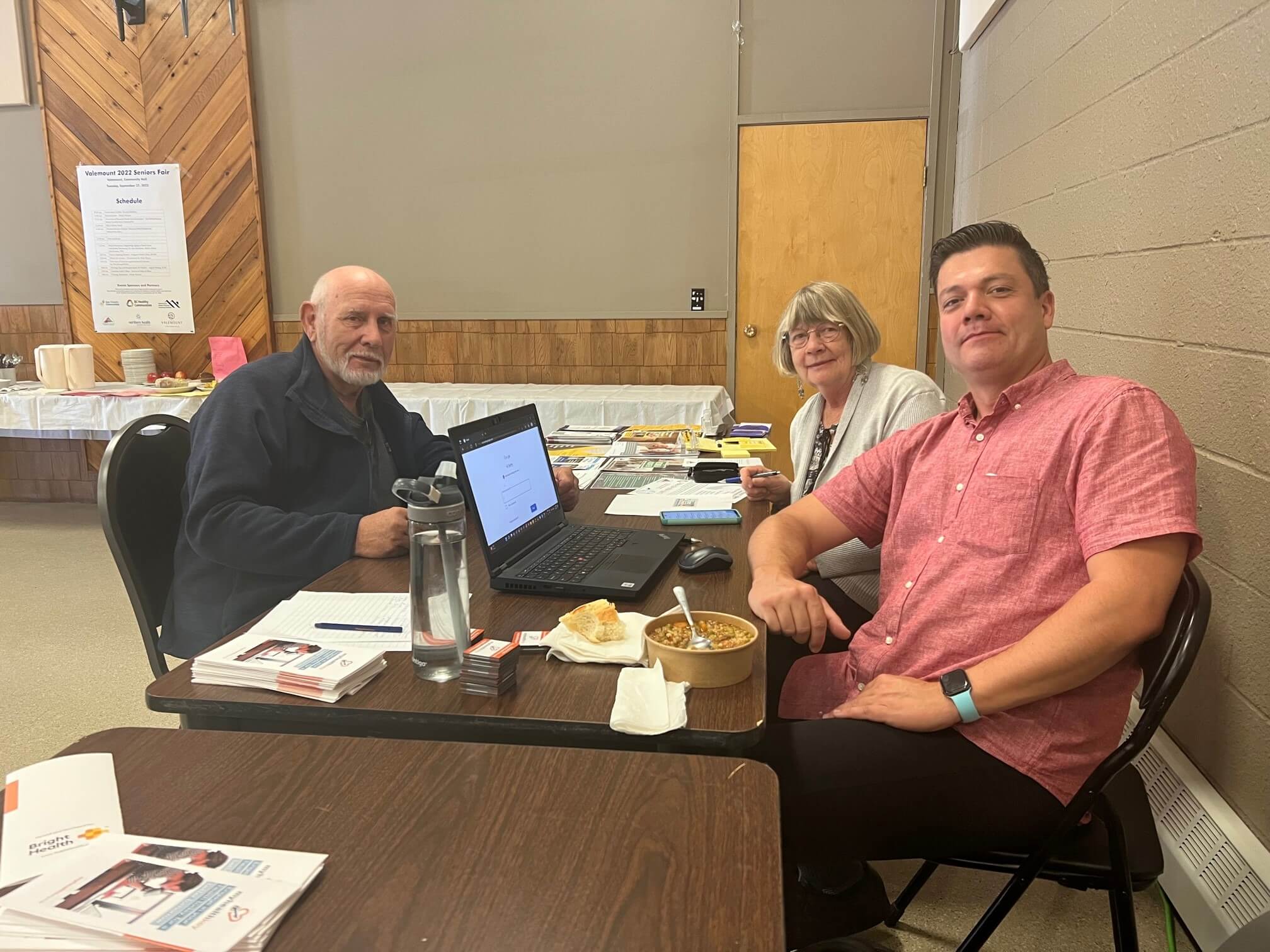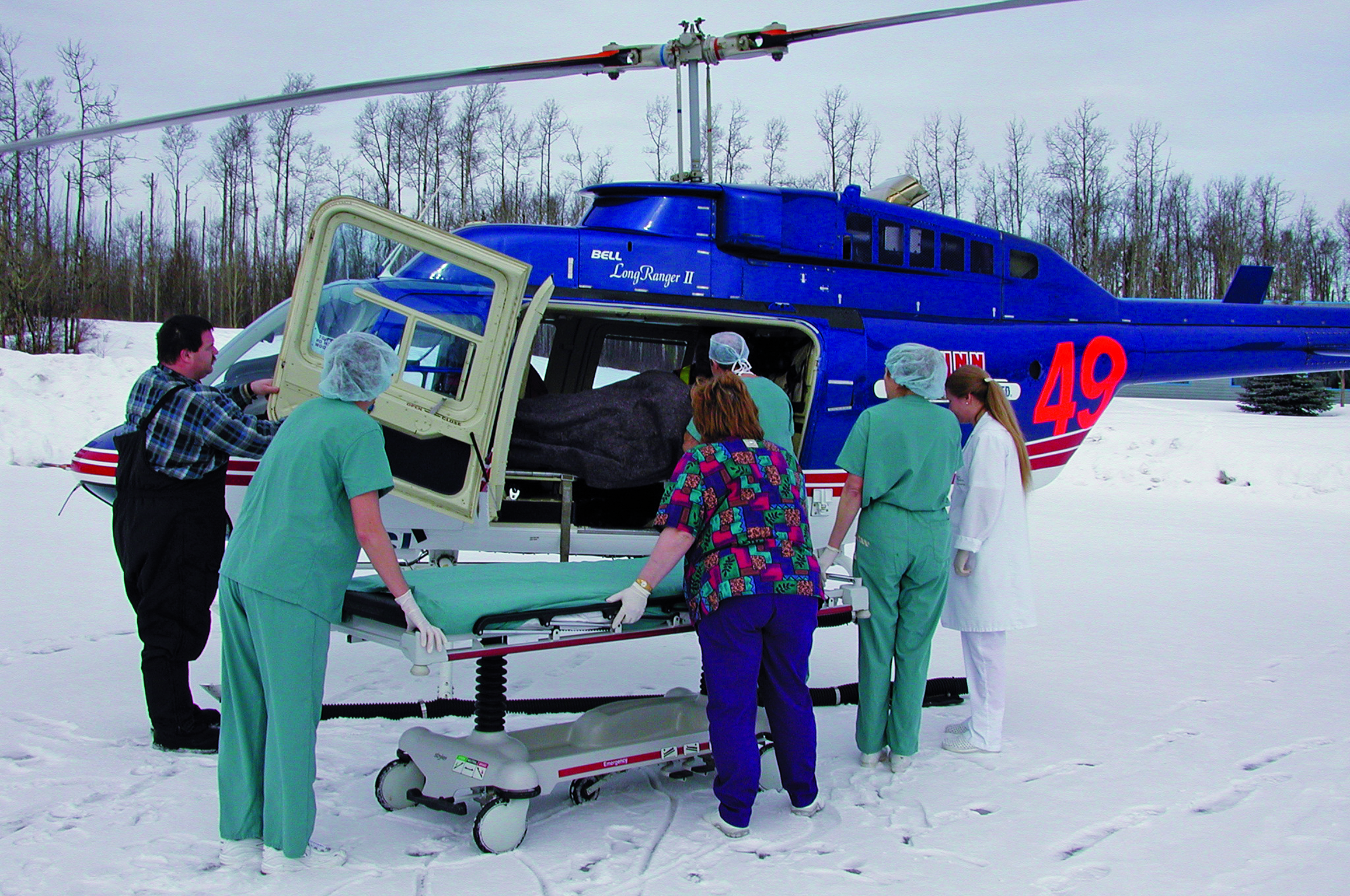The Rural Site Visits team travels to all Rural Subsidiary Agreement communities in British Columbia to meet with community partners to develop relationships and learn about their successes, innovations and challenges around rural healthcare delivery. The team uses this information to amplify the rural voice to health policymakers and share stories of ingenuity.
5
years of project implementation
146
rural communities visited in British Columbia
412
meetings with local community members
“We’ve been working in silos for so long…a collaborative voice can be much more powerful [when] trying to get the resources you need.”
Community Member
About Rural Site Visits
Rural British Columbians’ access to healthcare services is often limited by the province’s expansive geography, disparate resources, provider availability and transportation issues. Healthcare in rural, remote and Indigenous communities is often considered innovative and there is much to learn from voices at the grassroots level.
The Rural Site Visits project:
- Builds relationships between RCCbc and rural communities across British Columbia
- Gives rural community partners, including rural doctors and other healthcare professionals, a voice in informing provincial health policy
- Contributes to rural health research in British Columbia
- Enables rural community members to share locally grown rural health innovations
Who visits rural communities
Each team that visits a rural community includes at least one rural doctor or midwife and one RCCbc staff member. They receive training in “appreciative inquiry”, interview techniques and cultural safety, such as San’yas Indigenous Cultural Safety Training.
Urban-based guests, including policymakers, researchers, healthcare workers, administrators and educators, are sometimes invited to join a site visit to learn how health care functions in rural communities.
Preparing for a site visit
Before each visit, the Site Visits team gets to know the communities in advance, such as learning who’s who in the community, respecting cultural protocols, and meeting when the time is right for communities.
Results of the meetings
All community participants who take part in site visit meetings provide consent to be interviewed and recorded. RCCbc then transcribes the recordings and sends them to participants for approval. The Site Visits team then analyzes the information and uses it to inform policy and share stories about rural health innovations.
Building and sustaining relationships
After each visit, it’s not “goodbye”—it’s “see you later”. The Site Visits team continues building the relationship with community members by sending resources and helping them make connections.
Preparation materials for communities
Reports by Rural Site Visits
Community feedback reports
RCCbc provides bi-annual community feedback reports on the project’s progress and shares innovative solutions to health challenges discovered during the visits. Each report is anonymized and encompasses feedback from all rural communities engaged since the beginning of the project.
- June 2017 – December 2018 | Transportation Support: Populations (PDF)
- June 2017 – June 2019 | New Graduates and Residents: Proposed Solutions (PDF)
- June 2017 – December 2019 | Urban versus Rural: Inequity and Advocacy (PDF)
- June 2017 – May 2020 | Pre-COVID Virtual Access and Support (PDF)
- June 2017 – November 2020 | Rural Health Innovations (PDF)
Specialized reports
Various organizations and projects have requested specific information on their population groups to better understand and support their population needs. Each report is anonymized and encompasses feedback from all rural communities engaged since the beginning of the Project.
- November 2019 – Truth and Reconciliation Commission of Canada (PDF)
- December 2019 – Continuing Professional Development (PDF)
- December 2019 – Healthcare Transportation Issues in Rural British Columbia (PDF)
- October 2020 – Youth Mental Health (PDF)
- November 2020 – Need for Culturally Safe Maternity Care (PDF)



